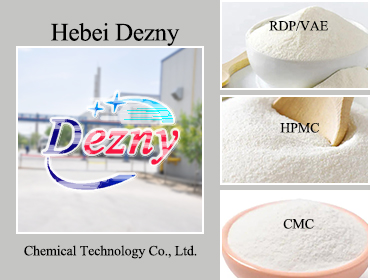
 2024-02-21- readings
2024-02-21- readingsHydroxyethyl cellulose (HEC) is commonly used in several businesses due to the unique components, including thickening, normal water maintenance, film-generating and stability-improving properties. Listed here are some typical applications of HEC 1. Paints and surface finishes: HEC is popular being a thickener and rheology modifier for water-centered paints and coatings. It increases viscosity, stops sagging, enhances levels, and provides even insurance coverage. HEC also supports in brushability, spatter resistance and film formation. 2. Private care products: In personal maintenance systems such as shampoo, conditioner, cream, product and gel, HEC provides a thickener, stabilizer and emulsifier. It increases item consistency, improves epidermis sense and increases steadiness by handling viscosity and protecting against period separation. 3. Drugs: HEC can be used being a binder, disintegrant and operated relieve agent in prescription drug plans and it is used in pc tablets, tablets, suspensions and ointments. It boosts tablet solidity, dissolution level and bioavailability while delivering experienced release of active components. 4. Adhesives and sealants: In adhesive and sealant formulations, HEC works as a thickener, binder and stabilizer. It enhances tack, relationship power and damage resistance water-structured adhesives, caulks and sealants used in development, carpentry and product packaging applications. 5. Building resources: HEC is included in developing resources including concrete-structured mortars, grouts, tile adhesives and self-progressing substances. It increases water maintenance, workability, adhesion and durability, boosting the efficiency and excellence of these components in design and system jobs. 6. Fabric stamping: In textile publishing, HEC is commonly used as being a thickener and rheology modifier for coloring slurries and generating inks. It imparts viscosity, shear thinning actions and good line meaning, assisting the actual implementation of chemical dyes and pigments to fabrics throughout the stamping approach. 7. Emulsion polymerization: HEC provides a safety colloid and stabilizer through the emulsion polymerization procedure to generate man made latex dispersions. It inhibits coagulation and agglomeration of polymer contaminants, generating particle dimensions circulation standard and emulsion secure. 8. Foods and Refreshments: From the food items industry, HEC acts as a thickener, stabilizer and suspending professional in various merchandise, such as sauces, condiments, desserts and drinks. It boosts texture, mouthfeel and shelf stability while offering freeze out-thaw steadiness and avoiding synergy. 9. Agricultural formulations: HEC is used as being a thickener and stabilizer in agricultural formulations like inorganic pesticides, fertilizers and seed films. It enhances app overall performance, adhesion and preservation of energetic ingredients on vegetation surface areas, raising effectiveness and minimizing runoff. 10. Oil and natural gas drilling: In oils and natural gas drilling fluids, HEC acts as a tackifier and water reduction broker. In a variety of drilling functions, it might maintain viscosity, suspend solids, lessen water decrease, improve wellbore cleanliness, wellbore stableness and drilling performance. To review, Hydroxyethyl Cellulose (HEC) is actually a adaptable polymer found in paints and surface finishes, personalized care products, pharmaceuticals, adhesives, constructing components, fabric publishing, emulsion polymerization, foods and beverages, agriculture It provides an array of apps in formulations and oil and petrol drilling. Its multifunctional components help it become a crucial ingredient in a range of commercial, professional and customer goods